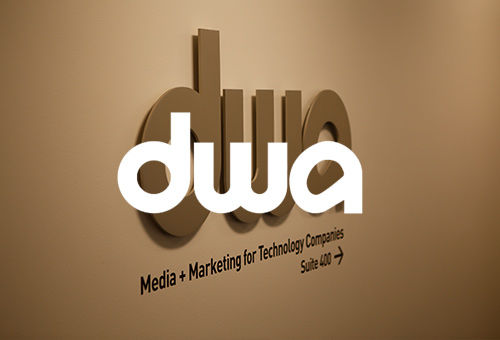Advertising
and Digital Marketing Agencies
Home / Advertising
Maintain Your Creative Culture. Streamline Agency Workflows and Gain Insight to Client and Project-Based Accounting.
Increase Profitability
Improve billing and invoicing accuracy to free cash flow while targeting profitable clients using a rich collection of historical data.
Easily Manage Traffic
Use NetSuite resource management to identify available resources and particular skills—and effectively staff your project at the right margin.
Collaborate as Virtual Teams
Easily identify and fill staffing shortfalls, allow staff to access assets and artifacts through collaborative electronic job jackets.
Gain Executive Visibility
Gain real-time insight to make data-driven decisions on performance through role-based dashboards and KPIs.
Featured customers
Project Management and Production
Collaborate across projects, improve profitability and track progress in real time.
Media and Procurement
Manage purchase orders, budget for campaigns and reconcile insertion orders.
Execution and Delivery
Seamlessly collect time and expense, optimize performance and deliver client reports.
Billing and Revenue
Improve billing accuracy and quickly move from invoice to cash to free cash flow.
Financial and Analytics
From reporting and analytics to insight and decision-making, gain a more complete, real-time picture of your business.
Global Management
Expand your business globally and focus your resources on growth and innovation, not managing IT complexity.



































